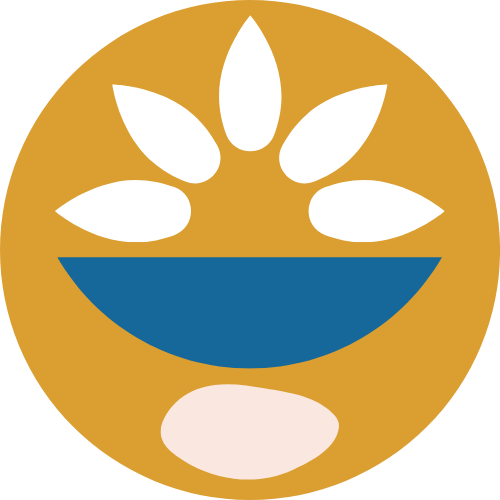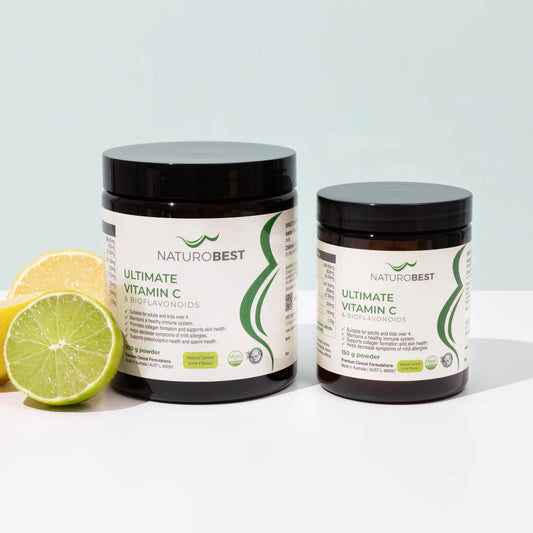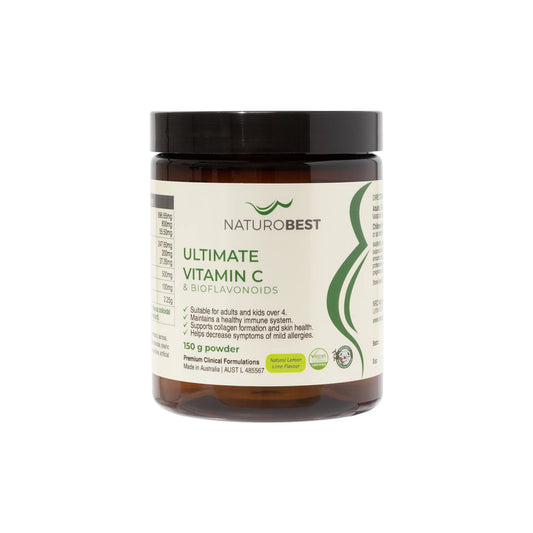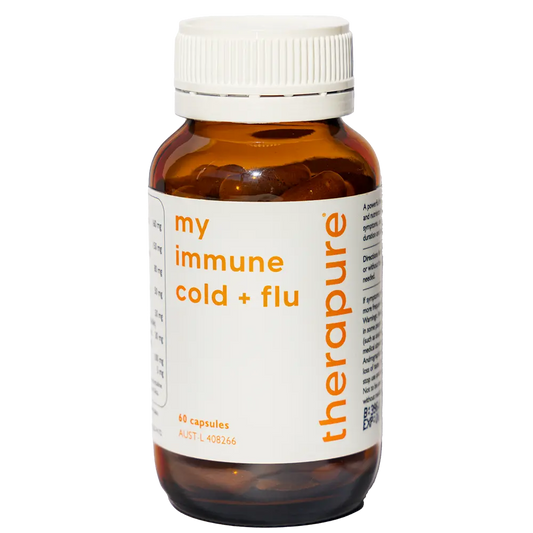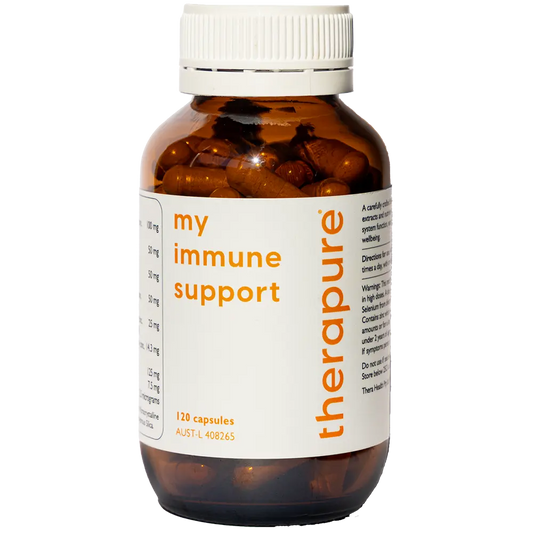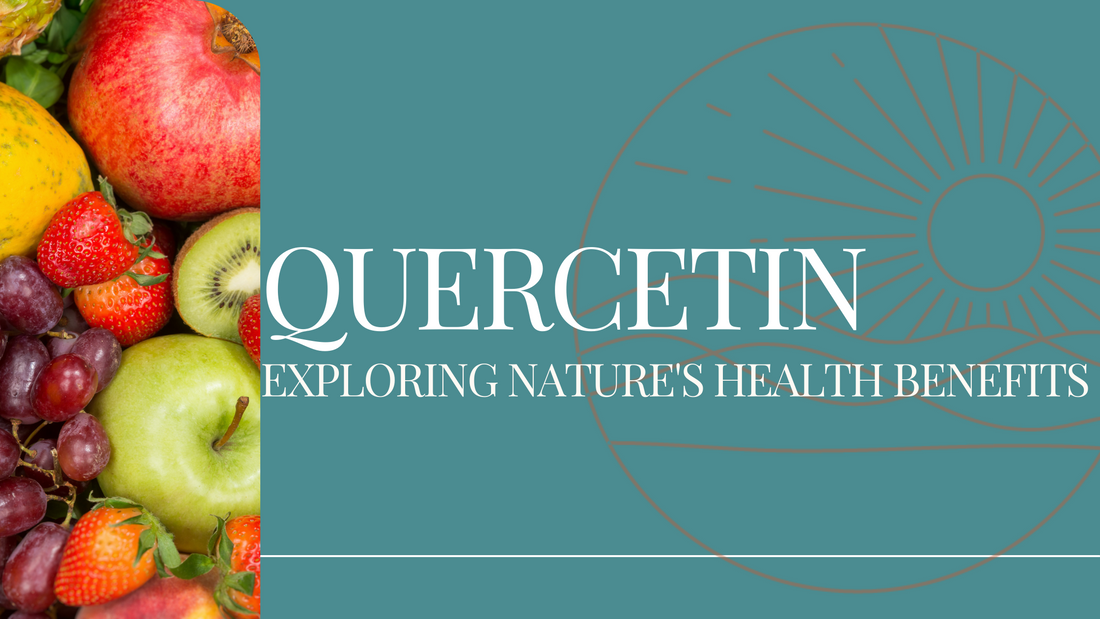
What is Quercetin?
Quercetin is a natural flavonoid, a type of plant pigment found abundantly in various fruits, vegetables, and herbs. This compound is renowned for its potent antioxidant and anti-inflammatory properties, which contribute to its beneficial effects on human health.
Natural Sources of Quercetin:
If you're looking to increase your quercetin intake through dietary sources, there are several options to choose from. Some common foods rich in quercetin include:
- Apples: As the saying goes, an apple a day keeps the doctor away! Apples, particularly the colourful peels, are a fantastic source of quercetin. So, next time you enjoy this crunchy fruit, make sure to leave the skin on for an extra health boost.
- Berries: Delicious berries like strawberries, blueberries, and raspberries are not only tasty but also loaded with quercetin. These vibrant fruits are a delightful way to incorporate this beneficial compound into your diet.
- Onions: Onions, a staple ingredient in many cuisines, contain appreciable amounts of quercetin. Whether you enjoy them raw in salads or cooked in your favourite dishes, onions offer a flavourful and nutritious way to obtain quercetin.
Clinical Uses of Quercetin:
Beyond its presence in various foods, quercetin has shown promising clinical applications in several health conditions. Let's take a closer look at its benefits:
- Allergies: Quercetin's anti-inflammatory properties have been found to help alleviate allergy symptoms. It works by stabilizing mast cells, which are responsible for releasing histamine during an allergic response. By reducing histamine release, quercetin may help reduce sneezing, itching, and other allergic reactions.
- Upper Respiratory Tract Infections, Colds, and Flus: Quercetin, often used in combination with vitamin C, has been studied for its potential to support immune function and reduce the severity and duration of upper respiratory tract infections. Its antioxidant and anti-inflammatory actions may help alleviate symptoms and enhance recovery.
- Asthma: Some studies suggest that quercetin may have a positive impact on asthma symptoms. By modulating the release of inflammatory mediators, quercetin could potentially reduce airway inflammation and improve lung function in individuals with asthma.
- Cardiovascular Health: Research has shown promising evidence regarding the potential of quercetin in preventing cardiovascular diseases. Its antioxidant properties may help protect against oxidative stress, reduce inflammation, and improve blood vessel function, all of which contribute to heart health.
It's important to note that while the research on quercetin's clinical uses is promising, more studies are needed to fully understand its efficacy and optimal dosage in specific conditions.
Timing Quercetin with Iron Supplements:
It's important to note that quercetin can bind to iron, reducing its absorption in the body. If you take iron supplements, it is advisable to separate the intake of quercetin and iron by at least two hours. This allows for optimal absorption of both substances, ensuring you receive the full benefits of each.
Quercetin, a natural plant compound found in various fruits, vegetables, and herbs, offers a wide range of health benefits. From allergies to respiratory health, asthma, and potentially supports cardiovascular health, quercetin's antioxidant and anti-inflammatory properties make it a valuable addition to your wellness routine. Remember to enjoy quercetin-rich foods like apples, berries, and onions, and consider discussing its clinical uses with a healthcare professional. Embrace the power of quercetin for a healthier you!
Disclaimer: The clinical uses mentioned in this article are based on available scientific evidence. However, further research is needed to establish the full extent of quercetin's effectiveness in preventing and managing specific health conditions. It is always advisable to consult with a healthcare professional before making any changes to your diet or supplementation regimen. This article provides general information and should not be considered a substitute for medical advice.
